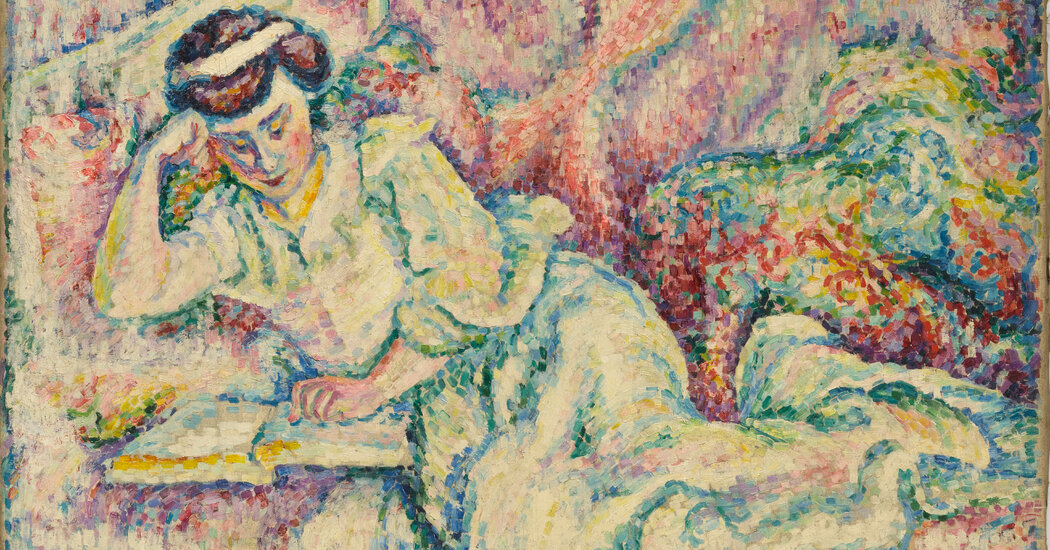Dear readers,
If the retail price of a book were pegged to the number of high-quality ideas it contained, the two books below would sell for downright goofy sums. And by the same logic, a book that contained zero ideas or — worse — lazy or unsupported ones would owe the reader money for squandered time. This is my platform. Vote Molly for president.
—Molly
Why did Red Bull sell 12.7 billion cans of energy drink last year? Why is it a common and accepted practice to track one’s daily steps? Why did a German chemist named Wilhelm Weichardt attempt to invent a vaccine for fatigue in the early 20th century and — crucially — if he was successful, where can we present our upper arms for immediate injection?
These questions are answered in “The Human Motor,” if only implicitly as regards the first two. Rabinbach, who died recently at the age of 79, had loftier concerns than the state of Red Bull’s market share.
He begins his dazzling study with the observation that certain 19th-century scientific discoveries about energy transformed conceptions of labor. The first two laws of thermodynamics, Rabinbach argues, exerted a magnetic metaphoric force, leading workers to be seen as machines for converting energy into output. The difference between machines and bodies, of course, is that our squishy meat-envelopes aren’t designed for nonstop labor.
This idea of body-as-flawed-machine led to a new obsession with fatigue, which emerged as the big enemy of productivity. (The previous big enemy had been Idleness. Today’s big enemy, surely, is Distraction. These words are capitalized to indicate that we are, as they say, in the presence of Constructs.)
A review of the book in this newspaper complained that “Mr. Rabinbach is no great stylist.” I disagree. His stylistic flourishes are on the level of connecting distant dots and unearthing rare gems of sources — though I have no complaints regarding his adjectives, either.
About that fatigue vaccine. Weichardt did not, in the end, succeed in concocting one, though his research proceeded impressively to the point where a classroom of unsuspecting German children was sprayed with a substance isolated during rat trials. The symptoms of fatigue may be masked temporarily — Red Bull helps — but, alas, they cannot be reversed.
Read if you like: Walter Benjamin, T.C. Boyle’s “The Road to Wellville,” complaining about your job.
Available from: The University of California Press, or various online and terrestrial bookstores and libraries.
“On Trying To Keep Still,” by Jenny Diski
Travel/Memoir, 2006,
I recommend Diski to all my favorite cranky people as a gesture of affection and respect, because she offers the finest proof that crankiness and lovability may not merely coexist but thrive in concert. This is an important reminder, given our era’s relentless devaluation of crankiness as a human condition. (Some day I’ll write an essay about that, unless one of you beats me to it.)
Crankiness is not a synonym for rudeness. It’s a state of reaction that, I’d hazard, results from three things: 1) Maintaining inflexibly high standards; 2) being indefatigably expressive about them; and 3) lacking the compulsion to pander. For Diski, who died in 2016, crankiness was a source of comedy and self-insight, two qualities that are densely present in this account of roaming from New Zealand to Lapland to the English countryside. When Diski traveled she did not seek adventure or stimulating encounters with foreign stews, but places in which to sit still and be left alone — to occupy her comfort zone as a “mistress of stasis.”
Read if you like: Mary-Kay Wilmers, being obdurate, books about writing, Montaigne, public transportation.
Available from: Bookstores, libraries, the reading rooms of silent retreats.
Thank you for being a subscriber
Plunge further into books at The New York Times or our reading recommendations.
If you’re enjoying what you’re reading, please consider recommending it to others. They can sign up here. Browse all of our subscriber-only newsletters here.
Friendly reminder: check your local library for books! Many libraries allow you to reserve copies online.

